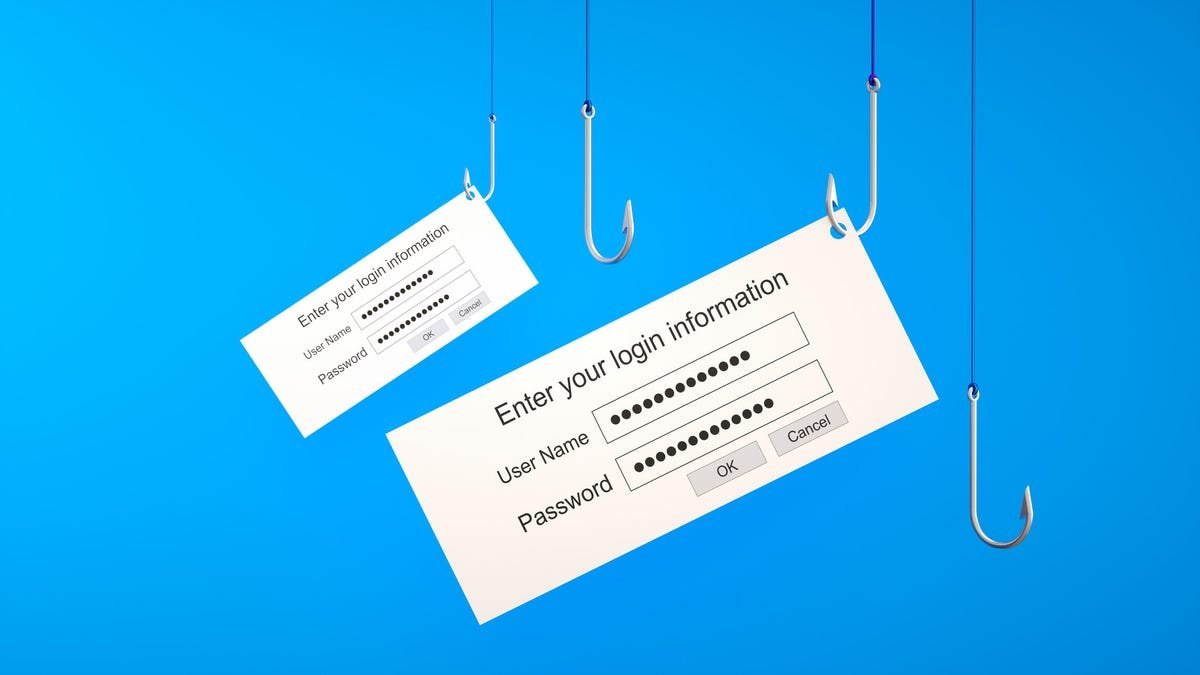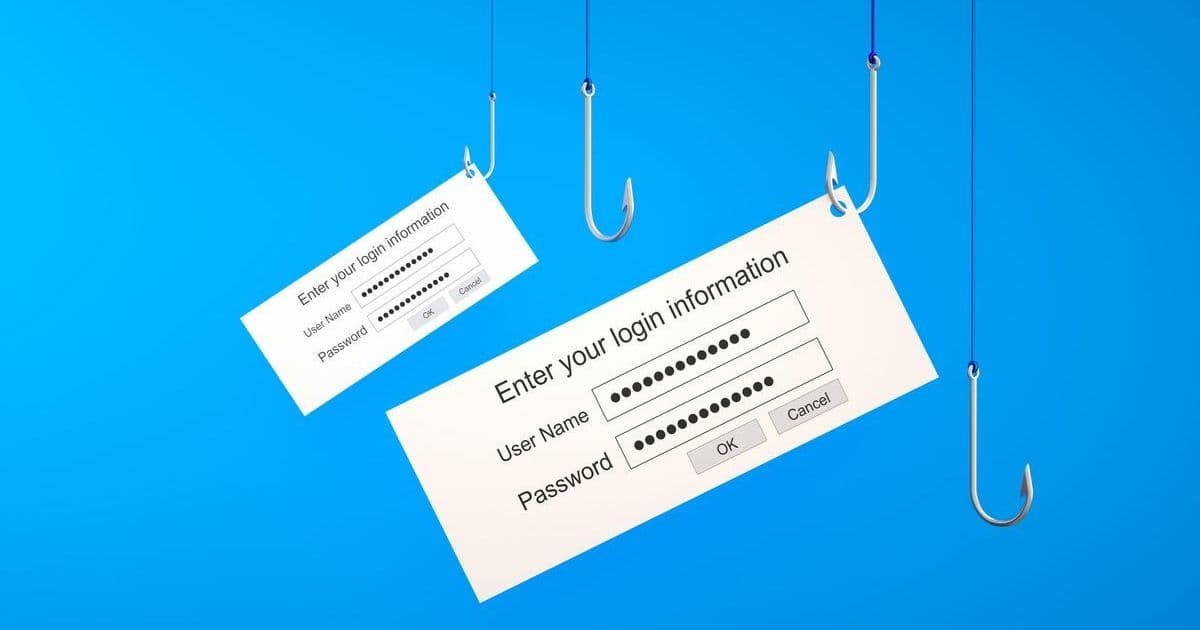A UC San Diego study reveals traditional phishing awareness training has near-zero effect on preventing employees from clicking malicious links, with only 2% difference between trained and untrained groups. As phishing becomes the primary ransomware vector, researchers urge organizations to shift resources toward technical safeguards like MFA enforcement.

New research from UC San Diego Health and Censys delivers a sobering verdict on cybersecurity's frontline defense: Phishing awareness training programs show statistically insignificant results in preventing employees from falling for malicious emails. The eight-month study analyzed over 19,500 employees across 10 phishing campaigns, revealing that mandated cybersecurity training had no meaningful impact on click-through rates.
The Hard Data: Training's Alarming Ineffectiveness
The study exposed several critical findings:
- Employees who completed annual cybersecurity training were just as likely to click phishing links as untrained colleagues
- Embedded phishing simulations showed a mere 2% improvement in failure rates - statistically negligible
- Subject matter heavily influenced vulnerability: Vacation policy scams achieved 30% click rates versus negligible response to password update lures
- Vulnerability increased over time, soaring from 10% to 50% click rates by the eighth month of sustained campaigns
"Our results suggest that anti-phishing training programs, in their current and commonly deployed forms, are unlikely to offer significant practical value in reducing phishing risks," the researchers concluded.
Why Training Alone Fails
The failure stems from fundamental human and programmatic flaws:
- Engagement collapse: Most learners spend less than one minute with training materials
- Behavioral disconnect: Knowledge doesn't translate to behavioral change under pressure
- Subject sensitivity: Emotionally charged topics (like vacation policies) override training
- Alert fatigue: Repetitive simulations breed complacency rather than vigilance
The Escalating Threat Landscape
This training gap emerges as phishing becomes increasingly dangerous:
- 35% of organizations now report phishing as their primary attack vector (up from 25% in 2024)
- Phishing is the leading cause of ransomware infections according to SpyCloud's 2025 threat report
- AI-generated scams create hyper-personalized lures at unprecedented scale
Toward Effective Protection
Researchers advocate shifting resources to automated technical safeguards:
1. **Strict MFA Enforcement**: Require multi-factor authentication on ALL endpoints
2. **Domain Restrictions**: Limit credential usage to trusted domains only
3. **Behavioral Analytics**: Deploy AI systems that flag anomalous click patterns
4. **Email Filtering Upgrades**: Implement AI-powered scanners detecting novel phishing tactics
For human-focused solutions, the study suggests:
- Gamified learning with real-time feedback
- In-person workshops simulating high-pressure scenarios
- Department-specific training addressing unique workflow vulnerabilities
The New Security Imperative
This research signals a pivotal moment: Organizations must abandon the checkbox compliance approach to phishing training. Effective defense requires layered security - combining AI-driven technical controls with reimagined human training that prioritizes engagement and emotional resonance. As phishing evolves, so must our defenses: The era of relying solely on employee vigilance is conclusively over.
Source: ZDNet and UC San Diego Health/Censys study

Comments
Please log in or register to join the discussion